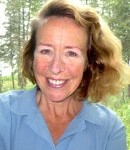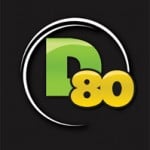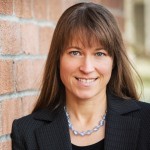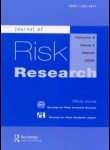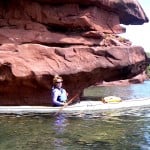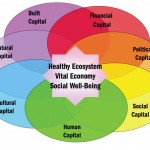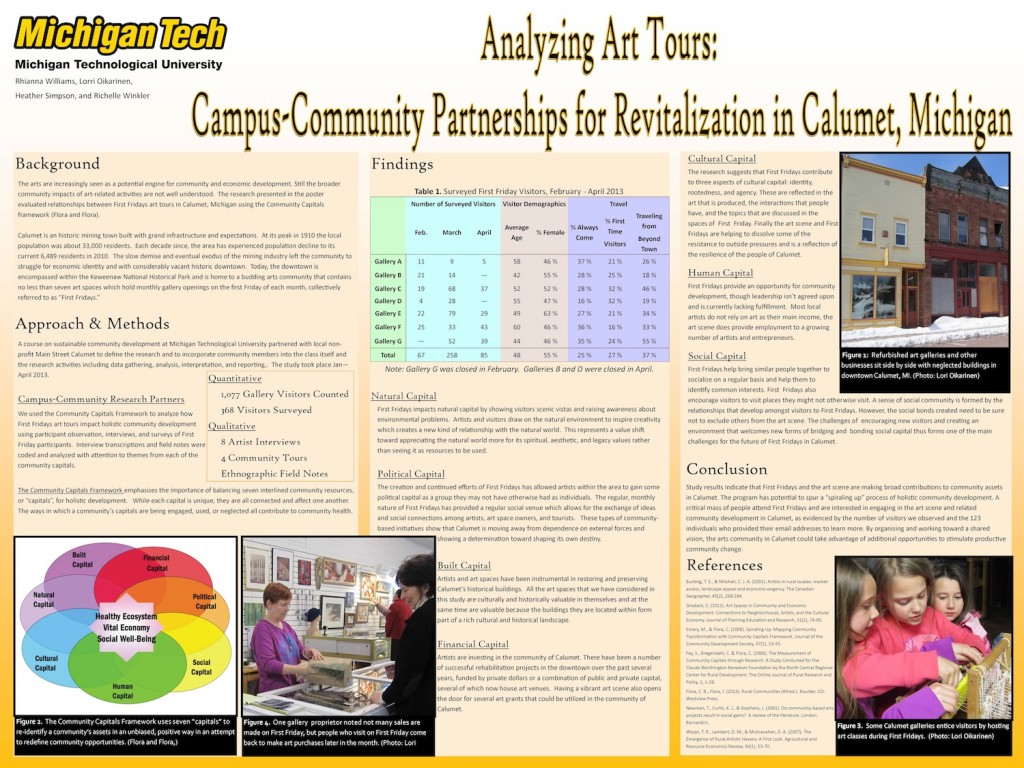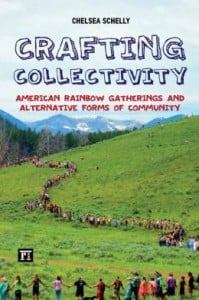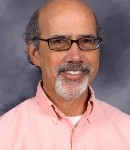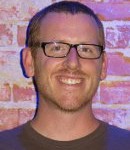 12:00 noon on Friday October 17 in AOB 201. John Baeten, PhD student in Industrial Heritage and Archaeology, will present on “The Nature of Taking Things Apart: Industrial Disassembly, Where the Sum of the Parts are Greater Than the Whole“.
12:00 noon on Friday October 17 in AOB 201. John Baeten, PhD student in Industrial Heritage and Archaeology, will present on “The Nature of Taking Things Apart: Industrial Disassembly, Where the Sum of the Parts are Greater Than the Whole“.
The process of industrial disassembly in the United States, seen in facilities such as slaughterhouses, created a shift in the interaction between humans and their environment. This shift was evident in the increasing scales of production, a consolidation of ownership, and a centralization of processing within theses centers of disassembly. Industrial disassemblers capitalized not only on the scale and speed from which they functioned, but also on the lower land rents of the hinterland from where they produced their animate commodities. This paper introduces a new model for interpreting the technological system of disassembly, and examines the environmental and social impacts of taking things apart.
